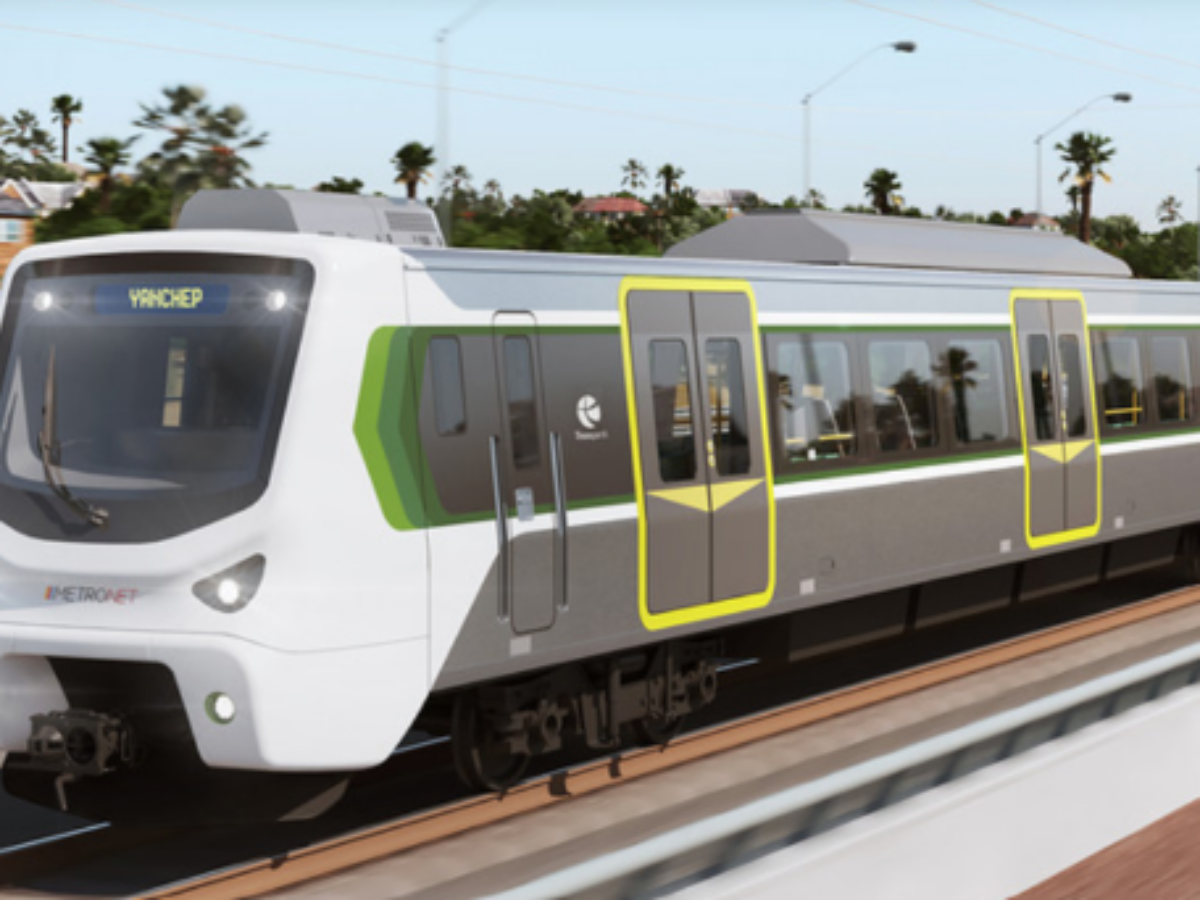Rail procurement shakeup tackles $2 billion wasted on imports

Assistant Minister for Manufacturing Tim Ayres has stepped up reform of rail sector procurement in response to a damning report suggesting importation has cost governments $2 billion and lost local opportunities.
Ayres told ABC News Afternoon Briefing that the cost to the taxpayer over the past decade of not having effective national procurement strategies was more than $2 billion.
Ayres said: I can tell you it's cost thousands of jobs, it's cost hundreds of apprenticeships.
“And I want to make sure that we're working in a cooperative way with the states to build the trains of the future.
“And they will be built not in our inner cities or our CBDs, they'll be built in our outer suburbs and in our regional centres…and as I indicated before in the AUKUS discussion, good, decent blue-collar jobs and a return of manufacturing and a reindustrialisation and diversification of those economies.”
Ayres singled out New South Wales which had been offshoring billions of dollars’ worth of rail rollingstock procurement contracts overseas over the course of the last ten years.
“Billions of dollars’ worth of lost jobs, lost investment opportunities, thousands of lost blue-collar jobs in the outer suburbs and in the Hunter Valley.
“Hundreds and hundreds of apprenticeship opportunities gone for young workers. And the outcome has been projects that have run over budget, projects that have never been delivered on time, and significant quality defects that have had to be repaired once the trains have arrived here on shore.”
He praised the Victorian and Queensland Governments in particular, as well as Western Australia which had very effective local procurement policies.
Victorian trains are manufactured in Victoria, Queensland has announced $7 billion worth of commitment to future rail contracts and a rail manufacturing facility. WA has a,lso brought suburban rail car manufacturing back to the state.
“We have said coming into government that we're going to develop a National Rail Manufacturing Strategy.
“And I'm busily working away at making sure that the architecture is in place to do that. And what that is going to do is coordinate amongst the states, to deliver what this report points out is real significant efficiency opportunities and very significant opportunities to build and design the trains of the future.”
Picture: Alstom WA manufactured metro train set
Topics Manufacturing News
@aumanufacturing Sections
Analysis and Commentary Awards casino reviews Defence Gambling Manufacturing News Online Casino Podcast Technology Videos





